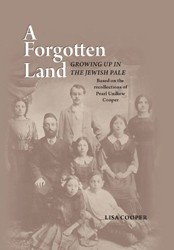My Father’s Secret War is two stories, one struggling to get out and one struggling to stay in.
From her childhood, Lucinda Franks, writer and former reporter for The New York Times, had questions about why her beloved father had guns throughout the house. But he was a distant father and husband, and her parents’ marriage was grim, marred by her father’s unavailability, infidelity, drinking, and unemployment. Embittered, Franks left home as soon as possible.
But Franks was tied to her complex father. Handsome, charming, accomplished, and broke, he depended on her financially as he slowly slipped away. When she finally moved him out of his cluttered and neglected house, she found boxes of World War II equipment, cryptic documents, and her parents’ ardent wartime correspondence.
An investigative reporter and determined researcher, Franks struggles to extract her father’s story and in some way resolve the tension and anger between them, finally establishing that he was a spy, sent on missions all over the world. For his part he struggles to keep the secrets he had sworn never to reveal. As his dementia progresses, he loses his grip on secrecy and bit by bit reveals the horrors of his missions, most tellingly as one of the first Americans to enter a concentration camp at the time when the camps were still largely unknown.
Franks’ persistent probing and research yield pieces of her father’s puzzle but do not entirely fit them together. Her resolve to understand her family brings in the conflicts between her and her sister and sometimes pushes her to relentlessly question her father. Deeply felt, painful, and intensely personal, these two stories struggle with one another, with both left somewhat unfinished.
Maron L. Waxman, retired editorial director, special projects, at the American Museum of Natural History, was also an editorial director at HarperCollins and Book-of-the-Month Club.





